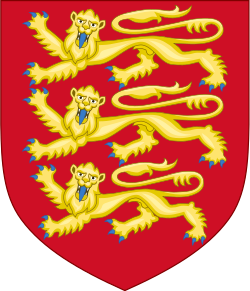| This article is part of a series within the Politics of the United Kingdom on the |
 |
|---|
The Regional Affairs Committee is a general committee of the House of Commons of the United Kingdom that considers any matter related to regional affairs in England that may be referred to it. [1] The Committee comprises thirteen MPs from English constituencies, although any MP representing an English constituency may participate in its debates and proceedings. In that way it is similar to the Northern Ireland, Scottish, and Welsh Grand Committees and is effectively an English Grand Committee. Also like those committees, provision is made for it to meet away from Westminster.